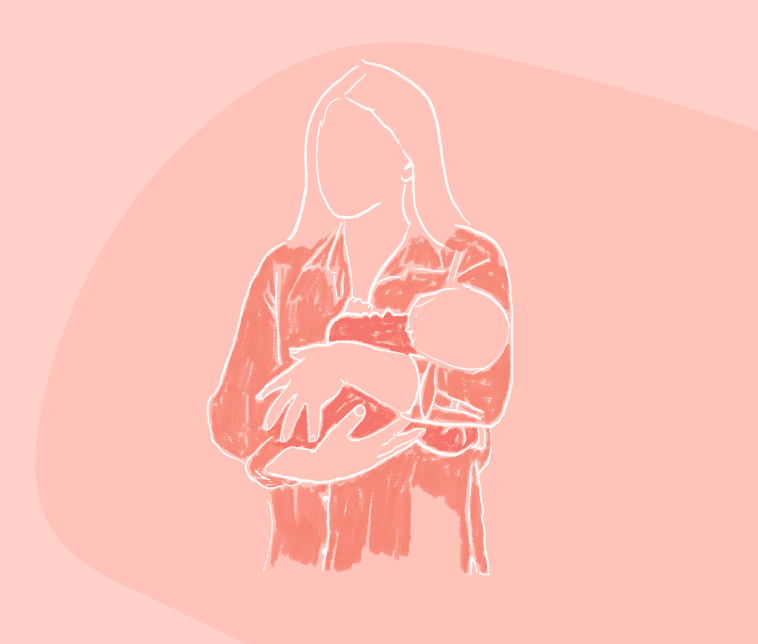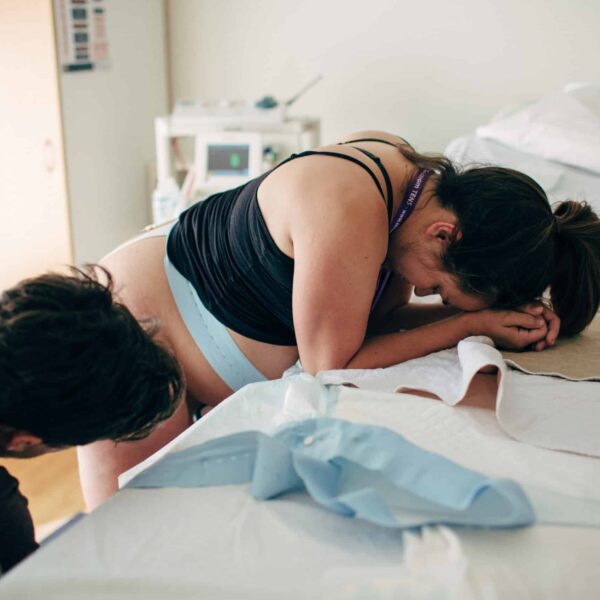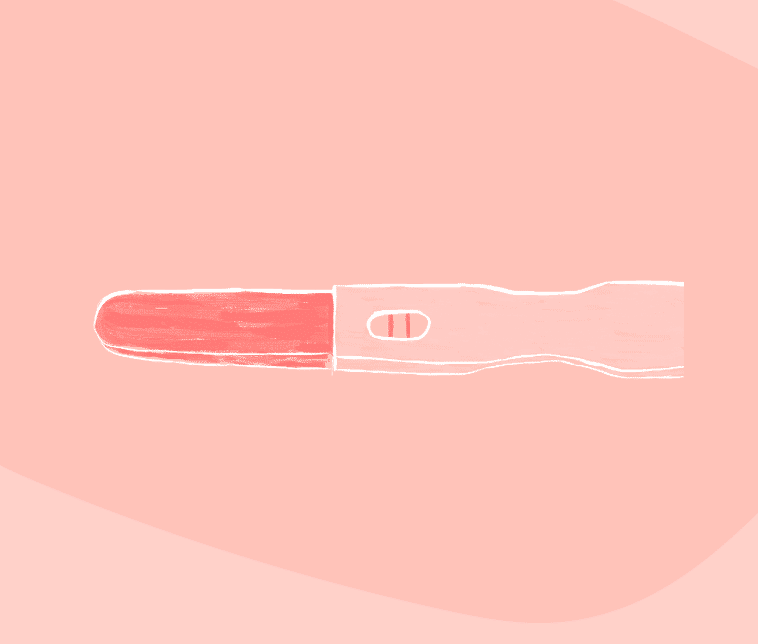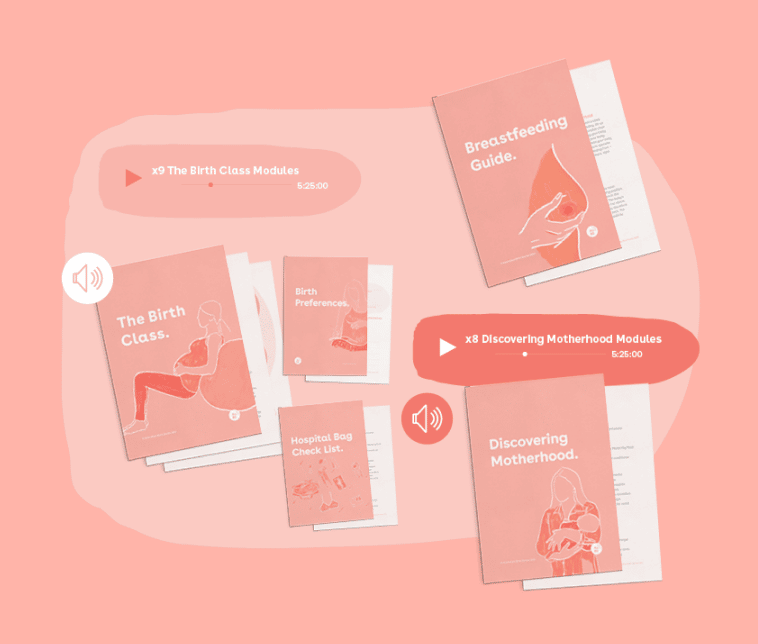
Labour tips for birth partners

FAQs
Let's look at exactly what's inside your freebie.
What is a birth support partner?
A birth support partner offers physical and emotional support throughout labour and birth. Your birth partner should be mentioned in your birth plan, particularly in regards to how they will advocate for you to your midwife or doctor. If you are a birth partner, don’t forget that she will be relying on you throughout all stages of labour and birth to offer words of encouragement, hold her hand, guide her through breathing techniques and remind her, most importantly, that she is safe.
What does a birthing partner do?
Your birth partner will become a vital part of your birth experience as they offer physical and emotional support in the early stages of labour and in the delivery room. They will carry your hospital bags, offer words of encouragement, remind you of breathing techniques, hold your hand, help you make decisions about pain relief and they may even cut the umbilical cord.
Can my partner stay in the hospital after birth?
This is dependent on hospital policy and whether you are in a public or private hospital. It will also be determined by your birth experience. Next time you see your midwife or doctor chat to them about what the first days after birth will look like in the hospital and how often your birth partner can visit.
Can my partner be with me when I give birth?
Your hospital will have a policy regarding the amount of people who can attend your birth but in most cases you will be able to have at least two birth partners with you. Next time you see your midwife or doctor ask them and then document your birth partner’s name and their relationship to you in your birth plan.
How to choose a birthing partner?
A birth partner should be someone that you trust, someone who understands what’s involved in the stage of labour and the birth experience, someone who has birth skills including breathing techniques and someone willing to discuss possible intervention or pain relief with you and advocate for your needs to the midwife or doctor.
Discover More
@AustralianBirthStories
Follow along with us
@AustralianBirthStories
Follow along with us
@AustralianBirthStories
Follow along with us
@AustralianBirthStories
Follow along with us
@AustralianBirthStories
Follow along with us
@AustralianBirthStories
Follow along with us
@AustralianBirthStories
Follow along with us
@AustralianBirthStories
Follow along with us
@AustralianBirthStories
Follow along with us
@AustralianBirthStories
Follow along with us
@AustralianBirthStories
Follow along with us
@AustralianBirthStories
Follow along with us

